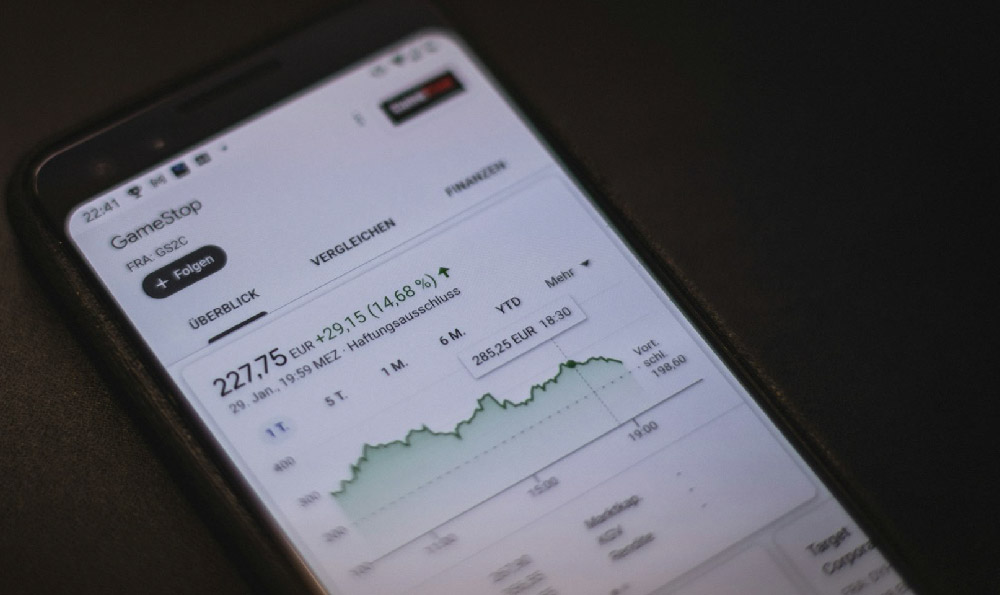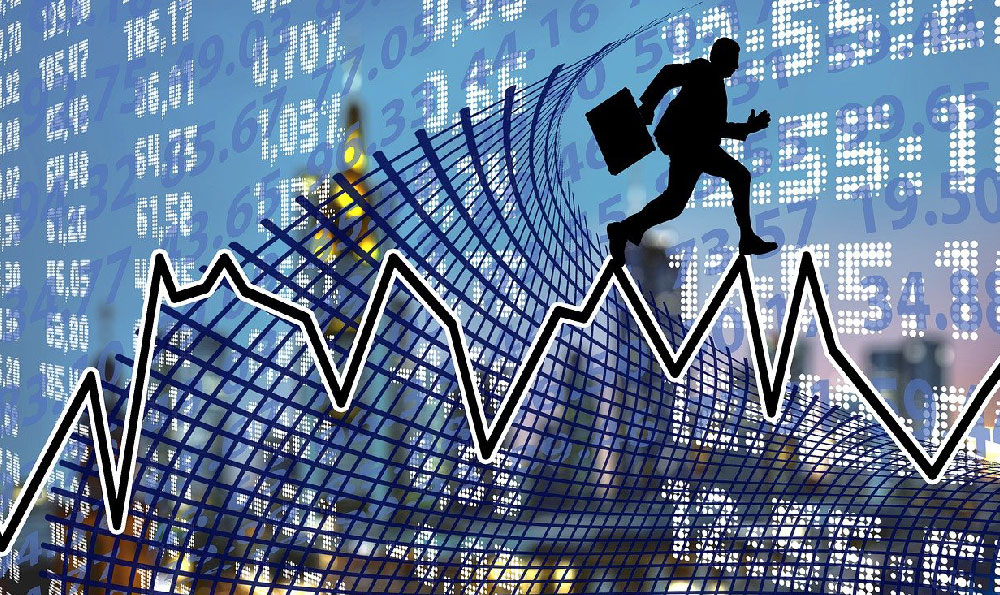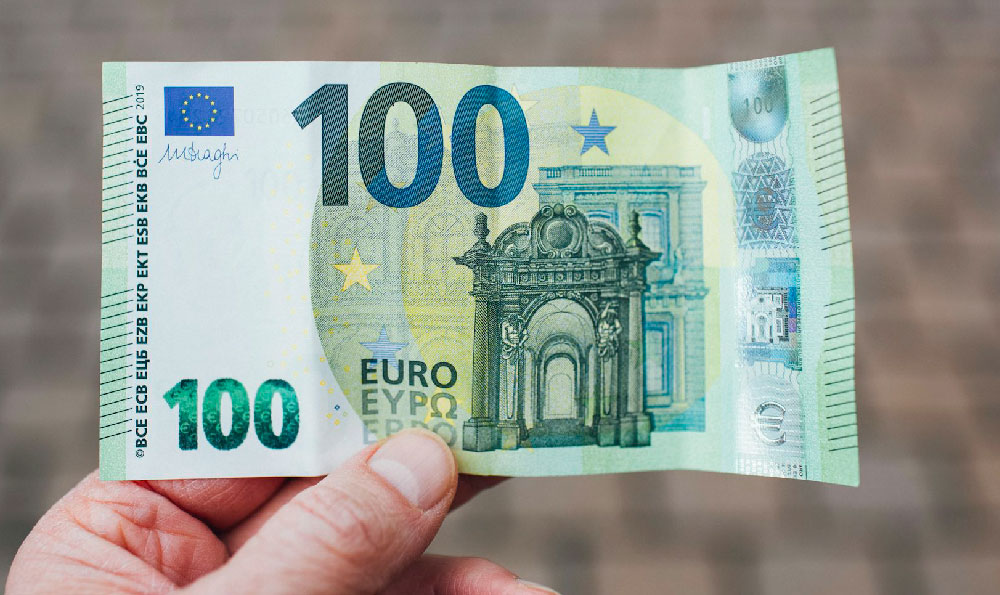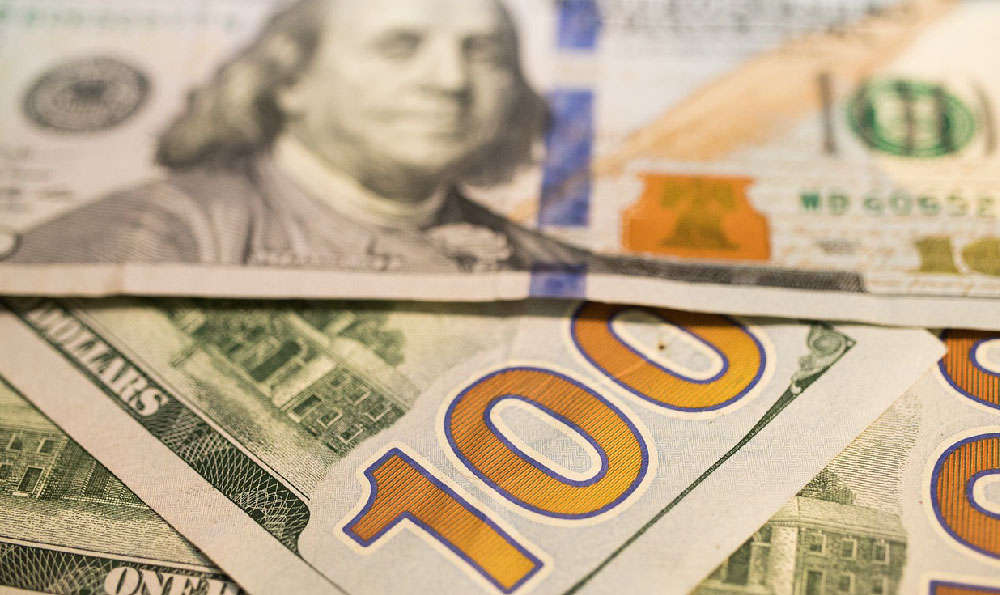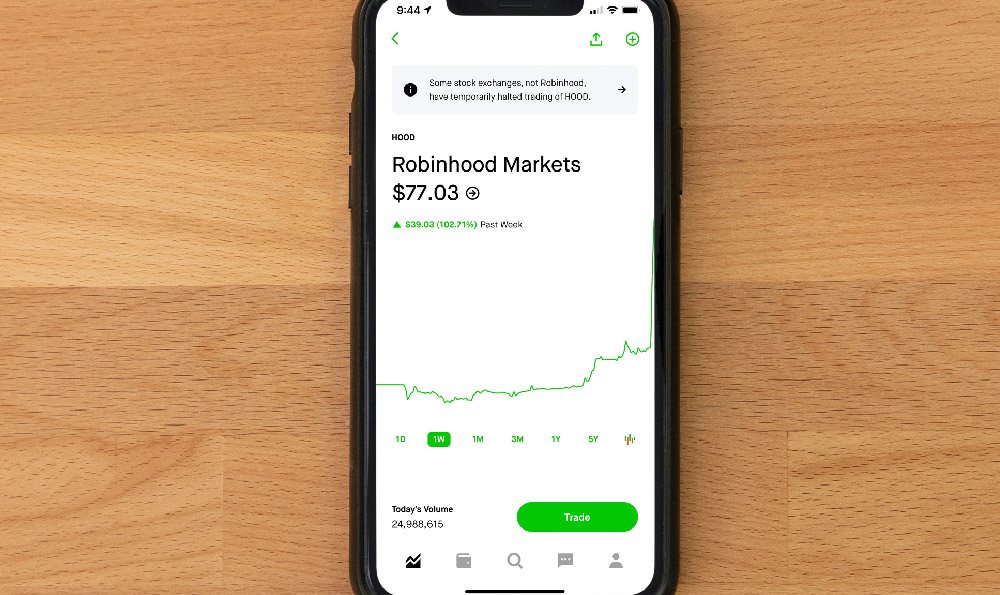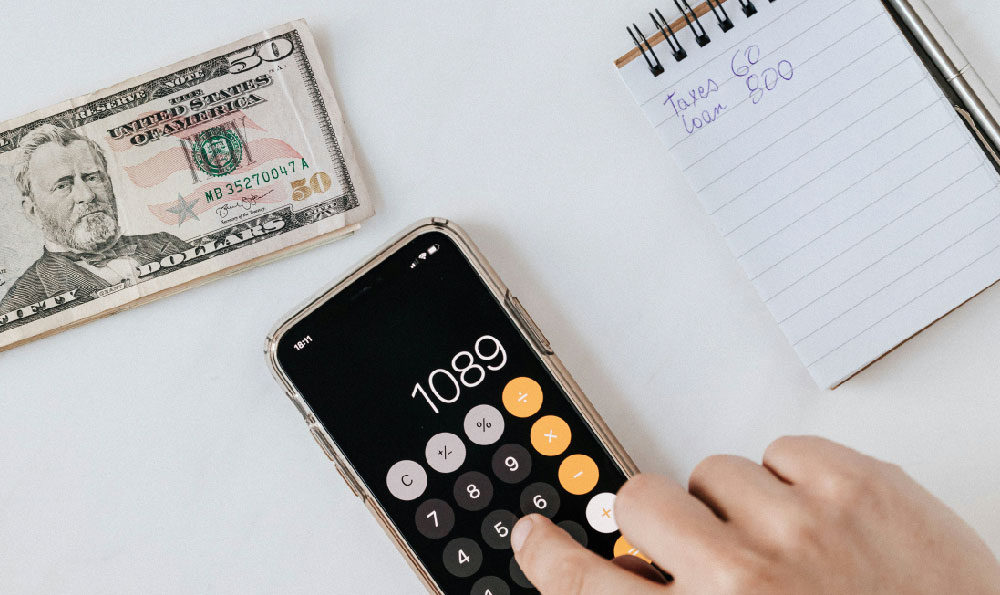Is Forex Trading Profitable? How Can I Make Money in the Foreign Exchange Market?
Forex trading, or foreign exchange trading, attracts individuals globally with the allure of potential profits and the flexibility of operating within a decentralized, 24/5 market. However, the straightforward answer to the question of whether forex trading is profitable is nuanced: profitability is entirely dependent on the individual trader’s skills, knowledge, strategy, risk management, and emotional discipline. It is not inherently profitable, nor is it inherently a guaranteed loss. It's a field where significant opportunities exist, but they are intertwined with equally significant risks.
Many newcomers are drawn by stories of overnight success, often propagated by misleading advertisements or unrealistic expectations. The reality is that consistent profitability in forex trading requires substantial dedication, continuous learning, and a willingness to adapt to ever-changing market dynamics. It's less akin to gambling and more akin to running a business, demanding careful planning, execution, and monitoring.
To understand how one can potentially make money in the foreign exchange market, a deeper exploration of key aspects is necessary.
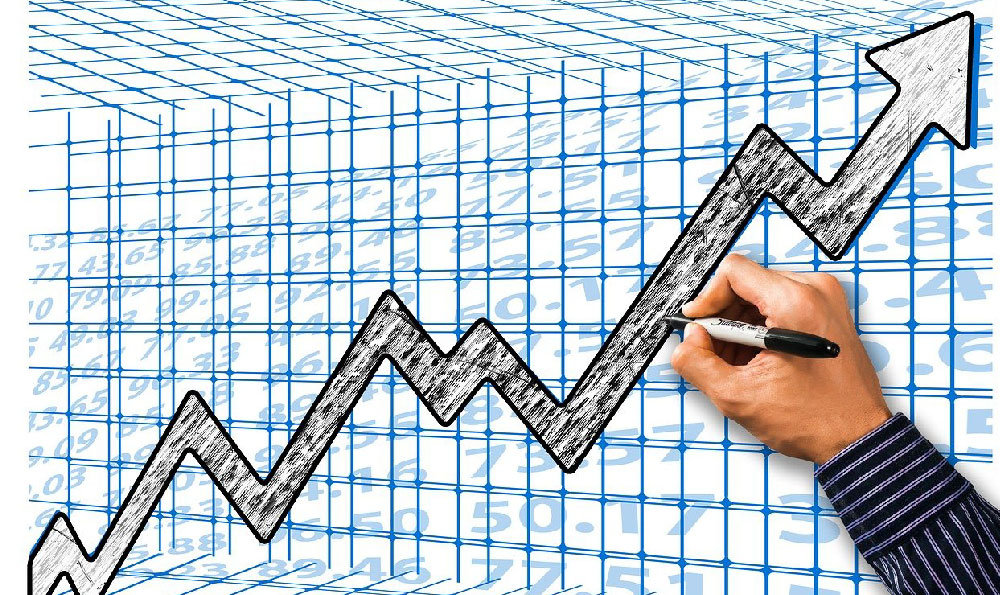
Firstly, a foundational understanding of the forex market is paramount. This includes grasping the concepts of currency pairs, pips (percentage in point), leverage, margin, and different order types (market orders, limit orders, stop-loss orders). Currency pairs are the foundation; you are essentially betting on the relative value of one currency against another. For example, EUR/USD represents the Euro against the US Dollar. A "pip" is the smallest unit of price movement in a currency pair, and understanding its value in your account currency is crucial for calculating potential profits and losses. Leverage, while a powerful tool that allows you to control larger positions with smaller capital, also magnifies both potential profits and potential losses. Responsible use of leverage is vital to avoid wiping out your account.
Secondly, developing a robust trading strategy is indispensable. This strategy should be based on a thorough analysis of both fundamental and technical factors. Fundamental analysis involves examining macroeconomic indicators such as interest rates, inflation, GDP growth, and political events that can influence currency valuations. Technical analysis involves studying price charts, patterns, and technical indicators (moving averages, RSI, MACD) to identify potential entry and exit points. A successful strategy combines both types of analysis to gain a comprehensive view of the market. It should clearly define your trading style (scalping, day trading, swing trading, position trading), your risk tolerance, and your profit targets. Backtesting your strategy on historical data is a crucial step to assess its viability and identify potential weaknesses.
Thirdly, risk management is the cornerstone of profitable forex trading. Without effective risk management, even the most brilliant trading strategy is doomed to fail. A crucial element is setting stop-loss orders to limit potential losses on each trade. The position size should be carefully calculated based on your risk tolerance and the distance of your stop-loss order. A common rule of thumb is to risk no more than 1-2% of your total account equity on any single trade. Furthermore, diversifying your trades across different currency pairs can help mitigate the risk associated with any single currency. It’s also wise to avoid overtrading, which often leads to impulsive decisions and increased losses.
Fourthly, emotional discipline is often overlooked but is a critical factor in determining long-term success. The forex market can be highly volatile, and it's easy to get caught up in the excitement or fear. Trading decisions should always be based on your pre-defined strategy and not on emotions. Avoid chasing losses or getting greedy after a winning streak. Maintaining a trading journal to record your trades, analyze your performance, and identify emotional triggers can be incredibly beneficial in developing emotional control.
Fifthly, continuous learning and adaptation are essential. The forex market is constantly evolving, and what worked yesterday might not work tomorrow. Staying informed about market news, economic events, and technological advancements is crucial. Continuously refining your trading strategy based on your performance and changing market conditions is also vital. Don't be afraid to experiment with new indicators or trading techniques, but always do so in a controlled and methodical manner. Many successful traders dedicate time each day to reading market analysis, attending webinars, and studying trading books and articles.
Finally, choosing a reputable and regulated broker is a critical first step. Ensure the broker is regulated by a reputable financial authority (e.g., FCA, CySEC, ASIC) to protect your funds. Consider factors such as trading platform, spreads, commissions, leverage, and customer support when choosing a broker. Avoid brokers that promise unrealistic returns or use aggressive marketing tactics.
In conclusion, while forex trading offers the potential for significant profits, it also carries significant risks. Success in the forex market requires a combination of knowledge, strategy, risk management, emotional discipline, and continuous learning. It's not a get-rich-quick scheme, but rather a skill that requires dedication, patience, and perseverance to master. By approaching forex trading with a realistic mindset and a commitment to continuous improvement, individuals can increase their chances of achieving long-term profitability in this dynamic and challenging market. Remember to treat it as a serious endeavor, like starting a business, and invest the necessary time and resources to acquire the skills and knowledge needed to succeed. And perhaps most importantly, never invest more than you can afford to lose.

